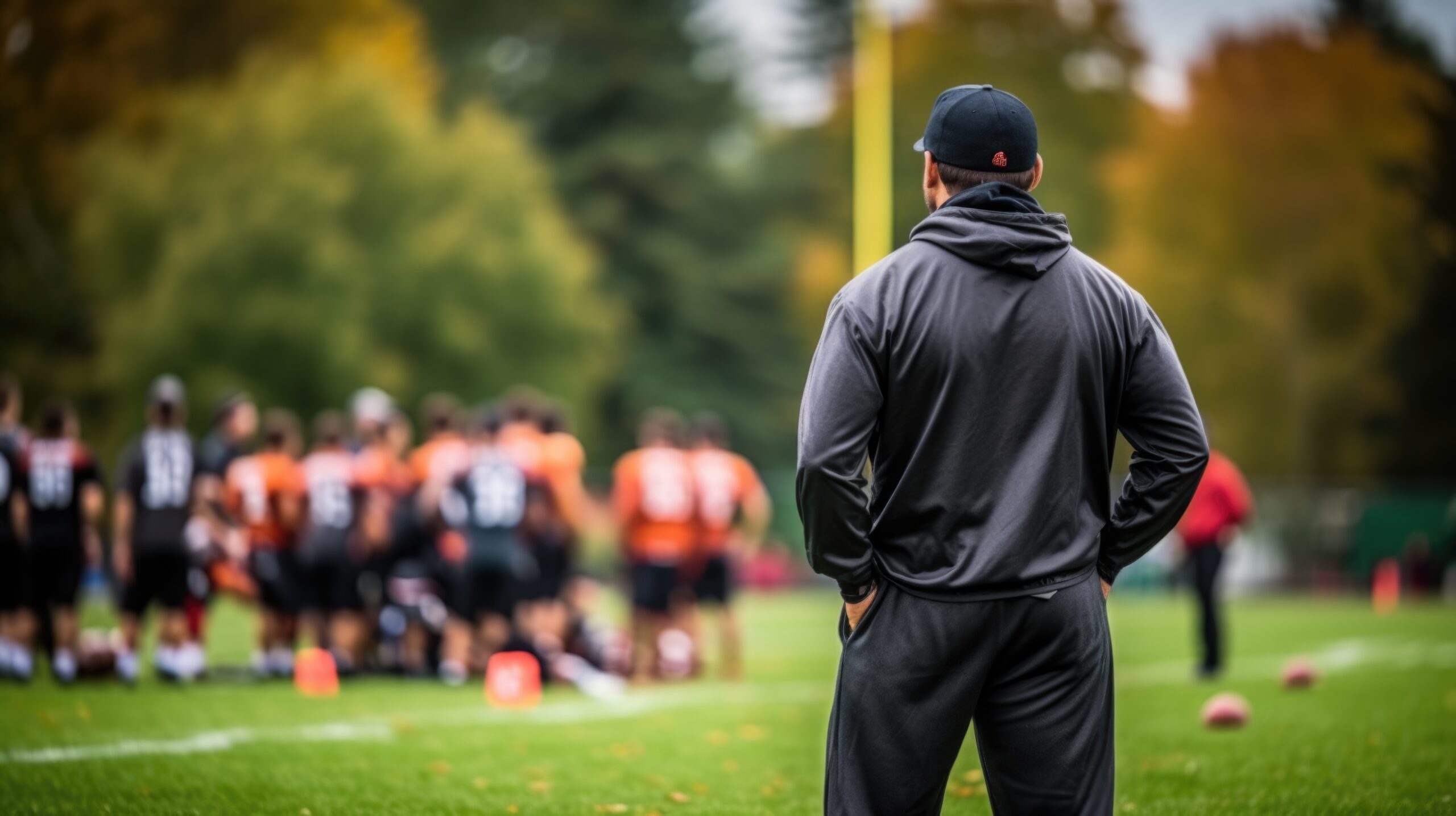When I look back on my years coaching football, both at the high school and college levels, one theme always stands out. Success on the field has never been just about the Xs and Os. It has been about relationships. You can have the sharpest playbook and the best athletes, but if there is no trust between a coach and his players, the team will never reach its full potential. Trust is the foundation of everything we do as coaches.
Why Trust Matters in Coaching
Trust is what allows a player to buy into a vision that is bigger than himself. It is what convinces him to wake up at 5 a.m. for weight training, to run that extra sprint after practice, and to push through the moments when quitting feels easier. When players trust their coach, they know the hard work has purpose.
For coaches, trust also goes both ways. We need to know that our players will show up with effort, commitment, and honesty. A team built on mutual trust has a strength that shows not only in games but in life. The lessons young men and women take away from a trusted coach often carry far beyond the field.
Consistency Builds Confidence
The first step in building trust is consistency. Players watch everything a coach does. They notice if you favor one athlete over another or if you hold everyone to the same standard. They notice if you say one thing and do another. Consistency in words, actions, and expectations gives players the confidence that you mean what you say.
I learned this lesson early in my coaching career. At Texas Tech, as a student assistant, I saw how the coaches who were steady and dependable earned the loyalty of their players. It was not about being flashy or loud. It was about showing up prepared every day and treating each player fairly. That same principle applied later when I coached at Texas A&M-Commerce and the College of the Sequoias. Players trusted me when they knew what to expect from me day in and day out.
Communication Opens Doors
Trust grows when players feel heard. Too often, coaches focus on giving instructions and forget to listen. Taking time to ask a player about his family, his classes, or even his hobbies goes a long way. It tells him he matters as a person, not just as a jersey number.
When I was offensive coordinator at the junior college level, I made it a point to meet with quarterbacks individually each week. We talked about football, of course, but we also talked about life. That open line of communication not only built trust but also helped me understand what each player needed to succeed. Some needed encouragement. Others needed tough love. I could only know that by listening.
Holding Players Accountable with Respect
Trust does not mean letting things slide. In fact, holding players accountable is a key part of trust. If I let a mistake go unchecked, players begin to wonder if I truly care about their growth. Accountability, however, must always come with respect. Correcting a mistake in a way that tears a player down will only create fear. Correcting it in a way that teaches and encourages builds both skill and trust.
I often told my athletes that my job was not to be their best friend but to prepare them for challenges on the field and in life. When they saw that discipline came from a place of care, they respected it. Over time, they trusted that I wanted the best for them.
Trust Beyond the Field
Trust does not end when the clock runs out. Some of the most meaningful moments of my coaching career have come years after a player has graduated. Getting a phone call from a former player who just landed a new job, got married, or even had his first child is a reminder that coaching is about more than wins and losses.
Players remember if you showed up for them when they needed someone. That might mean helping with a tough academic class, writing a letter of recommendation, or simply being there to listen during a hard time. Those moments of trust are what last.
The Military Perspective
My time in the U.S. Army gave me a deeper appreciation for trust. In the military, trust is literally a matter of life and death. You learn to rely on the person next to you without question. That experience shaped the way I coach. I came to value the bond between teammates and the responsibility a leader has to earn trust, not just demand it.
Bringing that mindset back into coaching reminded me to never take the player-coach relationship lightly. Just as soldiers must know their leader will not abandon them, players must know their coach will stand with them.
Final Thoughts
Building trust between coaches and players is not about one grand gesture. It is about the small, consistent actions over time. It is about showing up prepared, listening with intent, holding athletes accountable with respect, and caring about them beyond the scoreboard.
When trust is built, it transforms a team. It turns individuals into a unit that believes in one another. It makes the difference between a group that plays for stats and a team that plays for something greater. As a coach, there is no better reward than seeing your players give their all because they trust you and you trust them.
